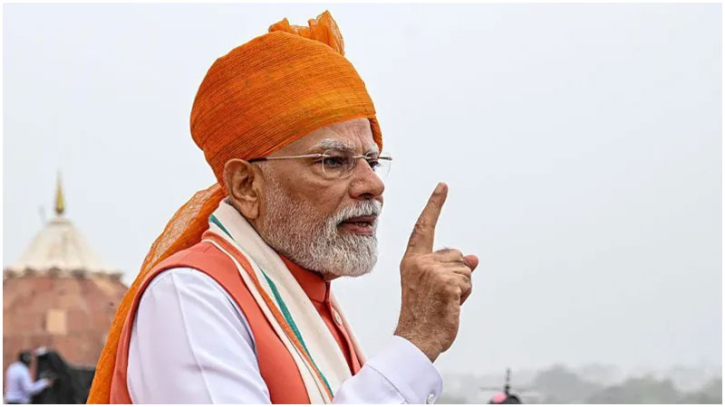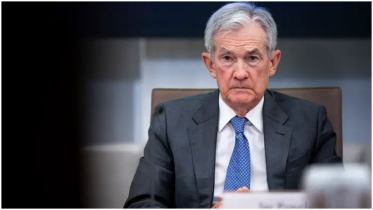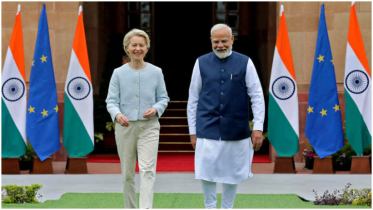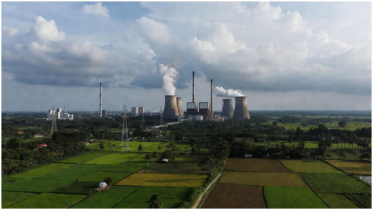Trump's 50% tariff hits India as Modi pushes for self-reliance

The United States has imposed a steep 50% tariff on Indian goods, following President Donald Trump’s executive order that added a 25% penalty over India’s imports of Russian oil and weapons.
The move makes India — once Washington’s closest Indo-Pacific partner — one of the most heavily taxed trading nations in the world. Analysts warn this could hurt exports and growth in the world’s fifth-largest economy, where the US was until recently its biggest trading partner.
Indian Prime Minister Narendra Modi, in an Independence Day speech from Delhi’s Red Fort, urged citizens to embrace “Swadeshi” (Made in India) and adopt economic self-reliance “not out of desperation, but out of pride.” He has repeated this message in multiple speeches since.
Alongside rhetoric, Modi has promised sweeping tax reforms to cushion the blow. After a $12 billion income tax cut earlier this year, his government is now preparing to simplify India’s complex goods and services tax (GST) into a two-tier system — a move expected to inject nearly $20 billion into the economy.
Experts say the tax relief could drive domestic consumption, which makes up 60% of India’s GDP. Analysts at Jefferies and Morgan Stanley note that the stimulus should boost demand for consumer goods like scooters, garments, and housing materials, while helping cool inflation.
UBS predicts the GST overhaul will have a bigger impact than past corporate or income tax cuts because it directly lowers prices at the point of purchase, encouraging higher spending. The reforms may also open the door for further interest rate cuts by the Reserve Bank of India, which has already reduced rates by 1% in recent months.
Despite the tariff shock, India’s stock markets have rallied on optimism over reforms. S&P Global also upgraded India’s sovereign credit rating for the first time in 18 years, potentially lowering borrowing costs and attracting foreign investment.
However, growth has slowed from 8% levels in recent years, and tensions with Washington — particularly over energy ties with Russia — have escalated. Trade talks scheduled for this week were canceled, leaving relations strained.
At 50%, tariffs on Indian goods are seen by some economists as de facto sanctions, highlighting the growing fragility of trade ties between two of the world’s largest economies.
.png)




